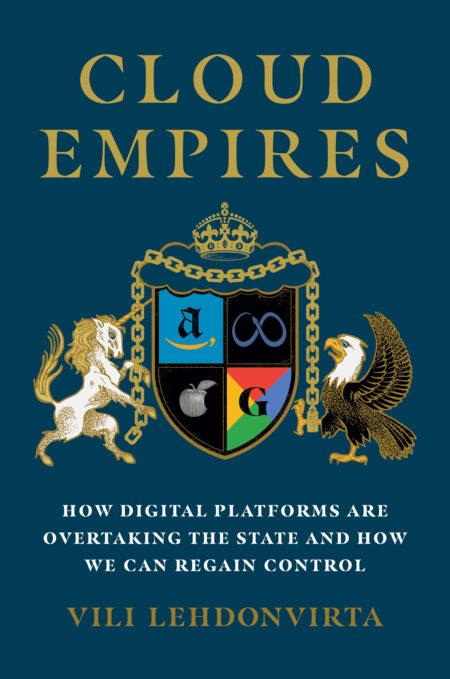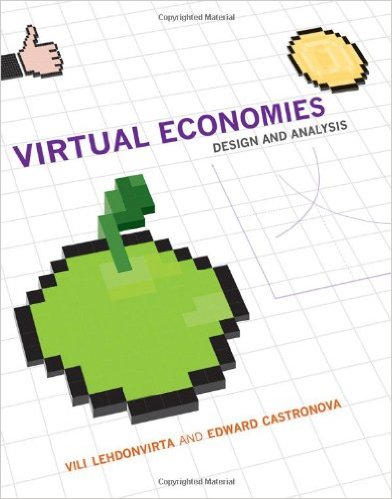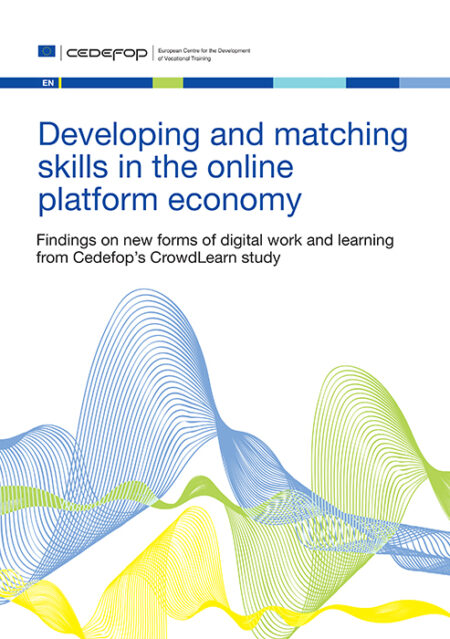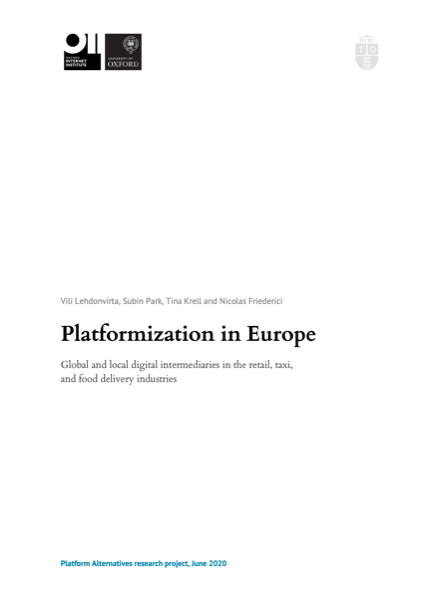About
Vili Lehdonvirta is Professor of Economic Sociology and Digital Social Research at the Oxford Internet Institute, University of Oxford, and Professor of Technology Policy at the Department of Computer Science, Aalto University, Finland. He leads the Digital Economic Security Lab (DIESL). He has been awarded three European Research Council grants for studies on the international political economy of digital technologies. His books on Cloud Empires and Virtual Economies are published by MIT Press and translated to Chinese, Japanese, and Italian. He is a frequent keynote speaker and has advised the European Commission, the World Bank, the OECD, national governments, firms, and startups on digital policy, infrastructure, and strategy.
Lehdonvirta’s current research focuses on the geopolitics and geoeconomics of digital infrastructures. His GEOCLOUD research project maps the evolution of the world’s cloud computing infrastructure, who owns it, how much societies depend on it, and how it can be shaped by policy and corporate strategy. His Political Geography of AI Infrastructure research project maps the world’s AI compute, a key bottleneck in AI system development and deployment. Lehdonvirta’s group uses both conventional social science research methods as well as novel computational approaches to collect data and model policy impacts.
Lehdonvirta’s latest book Cloud Empires: How Digital Platforms Are Overtaking the State and How We Can Regain Control was shortlisted for the Association of American Publishers’ 2023 PROSE Award. “It is a highly accessible and refreshingly original book, and a must-read for anyone interested in our digital past, present, or future” (Regulation & Governance). Cloud Empires was adopted as a textbook in undergraduate and graduate courses in organization studies, political theory, and economic sociology. From 2018 to 2021 Lehdonvirta served on the European Commission’s Expert Group on the Online Platform Economy, advising policy makers on platform regulation and governance.
From 2015 to 2021 Lehdonvirta led the iLabour research project, a major investigation on the implications of digital platforms to labour markets and global development. One of the project’s outputs was the Online Labour Index, an automated statistics production system adopted by researchers, journalists, and international organizations. At the project’s conclusion the system was transferred to the International Labour Organization. According to a 2021 bibliometric analysis, Lehdonvirta co-authored the top two most cited studies in gig economy research. From 2018 to 2019 Lehdonvirta served on the European Commission’s High-Level Expert Group on Digital Transformation and EU Labour Markets, advising policy makers on issues such as access to platform data.
Lehdonvirta is a Senior Research Fellow of Jesus College, Oxford, an associate member of the Department of Sociology, Oxford, and a former Turing Fellow of the Alan Turing Institute, London. He co-organizes the Digital Economy Network of the Society for the Advancement of Socio-Economics and sits on the editorial boards of the journals Information Society and Socio-Economic Review. From 2013 to 2018 he was editor of the journal Policy & Internet. In 2022-2023 and 2024-2025 he served on the European Research Council’s Social Sciences and Humanities Advanced Grants panel.
Lehdonvirta holds a PhD in Economic Sociology from the University of Turku (2009) and an MSc in Information Networks from the Helsinki University of Technology (2005), and studied law at the National University of Singapore (2023-2024). He previously worked at the London School of Economics, the University of Tokyo, and the Helsinki Institute for Information Technology. In 2020 he was a visiting professor at the Institute of Innovation Research, Hitotsubashi University, Tokyo. Before his academic career Lehdonvirta worked as a software developer.
Areas of interest for doctoral supervision
Professor Lehdonvirta does not have capacity to take on new DPhil students at this time, but would nonetheless be interested in hearing from highly motivated candidates whose proposals are closely aligned with his current areas of research, as described above. Candidates should demonstrate an ability to ground their research in social/political/economic theory and to conduct rigorous empirical research, whether quantitative or qualitative.
Research Interests
Critical infrastructure, cloud computing, data centres, undersea cables, weaponized interdependence, digital sovereignty, European Union, Southeast Asia, Japan






























